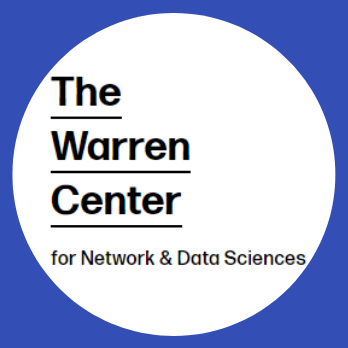Computational Social Science is an interdisciplinary research area that combines social science with computational methods to analyze and model social phenomena. It leverages large-scale data, such as social media interactions, digital footprints, and online behaviors, to gain insights into human behavior, societal trends, and group dynamics. By applying algorithms, simulations, and data analytics, computational social scientists can uncover patterns that traditional social science methods might not capture, enabling a more nuanced understanding of social processes on a large scale.
Key areas of focus within computational social science include network analysis, where researchers study how individuals or groups are connected and how information flows through social networks, and behavioral modeling, which involves predicting or simulating human behavior in various contexts such as economics, politics, and online communities. The field also explores opinion dynamics, collaboration patterns, and collective decision-making, often using data from digital platforms to understand how social influence spreads and how public opinions form and evolve.
Computational social science is particularly powerful in studying real-time or near-real-time social phenomena, such as analyzing public reactions to events, tracking misinformation, or understanding social movements. It combines the rigor of computational approaches with the deep contextual understanding of social science, offering new ways to address societal challenges and inform policy decisions.
Faculty
Highlights
https://highlights.cis.upenn.edu/category/research/computational-social-science













